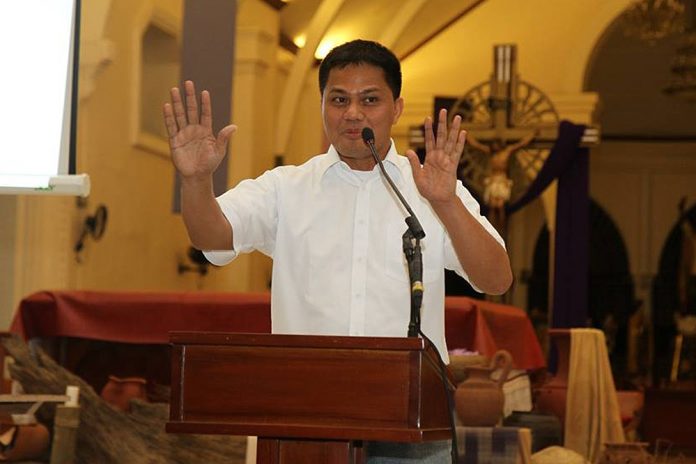A Catholic bishop in the southern Philippines warned the Supreme Court this week against political considerations in reviewing the legality of the country’s anti-terrorism law.
Bishop Raul Dael of the Diocese of Tandag said he prays that members of the judiciary will act on the petitions against the new law “with what is right, good, and moral.”
In a pastoral letter on December 20, the prelate said that the country’s new anti-terrorism law, which took effect on July 18, “is vague and contrary to the Constitution.”
The Supreme Court is set to conduct oral arguments on petitions filed against the law on Jan. 19, 2021.
To date, there are 37 petitions filed before the high court against the controversial law, making it the most challenged legislation in the country.
Bishop Dael said he is “truly concerned” about the effects of the law because “it is wanting in its definition of what terrorism is.”
“Whenever a law is unclear it will always be subject to a misguided implementation, could be used as a weapon for personal vendetta, and against political opponents,” he said.
The prelate said the right of people “to be secure in their persons, houses, papers, and effects” could be violated because of questionable provisions in the new law.
Bishop Dael said individuals, including priests, doctors, and lawyers, “who would welcome everyone in the exercise of their professions and vocations” might become victims of the law.
“An idea, legal advice, spiritual advice, and medical help may be considered as material support that would lead to their being tagged as accessories to the crime,” he said.
The prelate said the Church will “continue to support the government that upholds the protection of its citizenry without compromising the people’s security.”
He said the Catholic Church will not remain “a mere observer but an active witness for the pursuit of truth and justice” if anyone innocent becomes a victim of the law.









